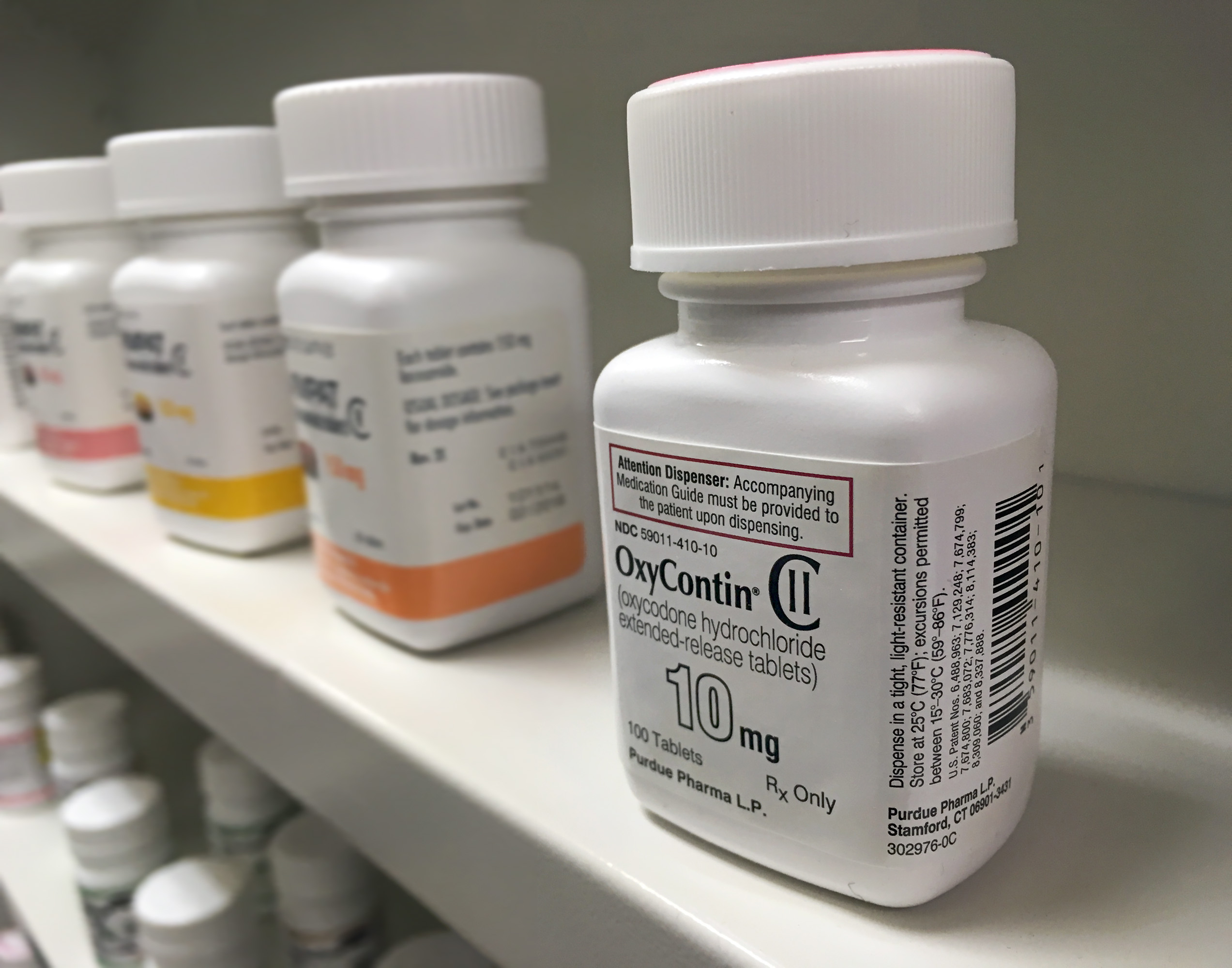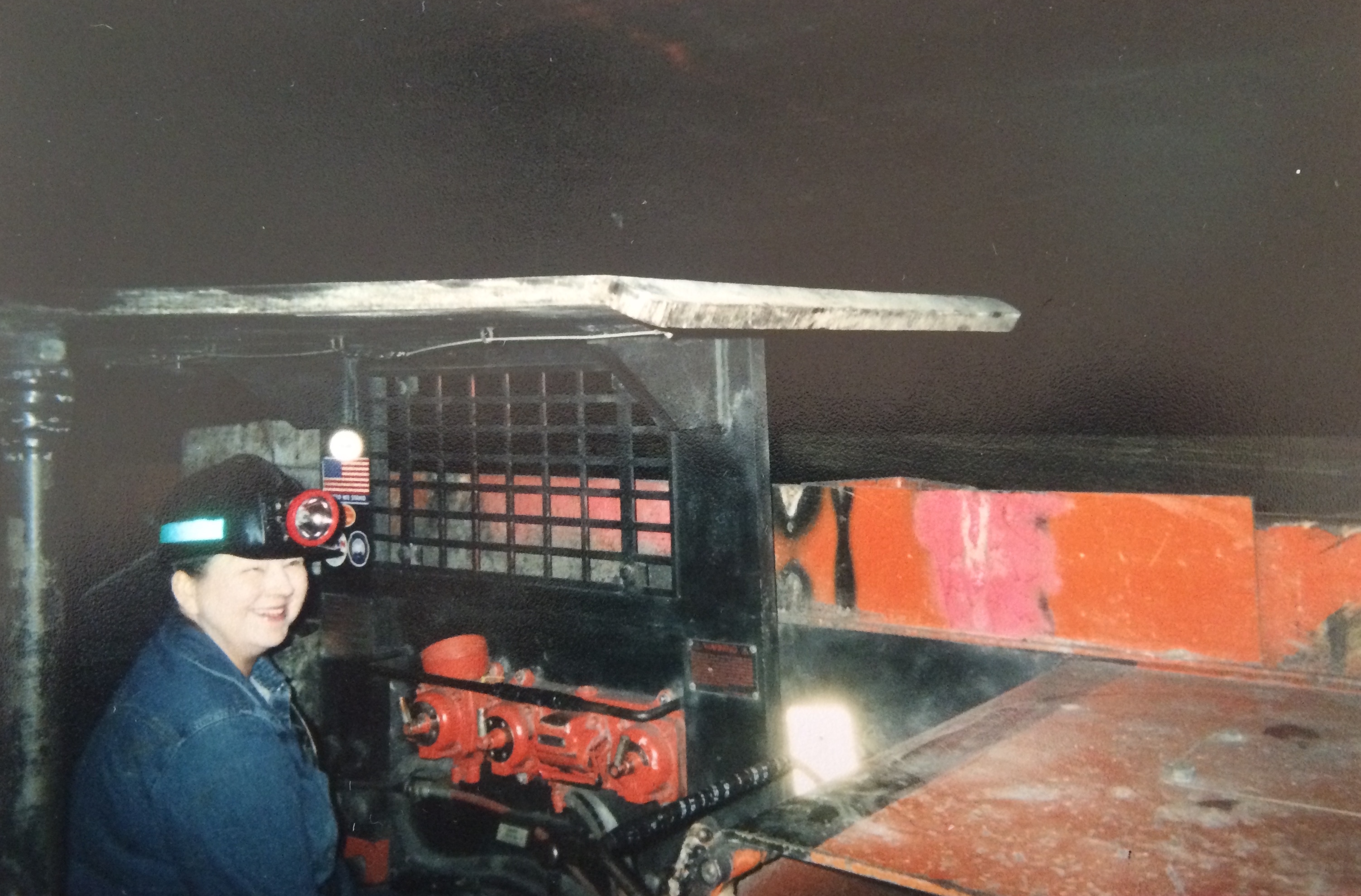There’s no doubt our water is in the news. President Trump recently reversed a stream protection rule. Municipalities around the nation struggle with aging water systems. And according to preliminary totals from the Beverage Marketing Corporation, the U.S. drank more bottled water than carbonated soft drinks in 2016. Bottled water volume is expected to come in at 12.7 billion gallons in 2017.
Berkeley Springs, West Virginia has been highlighting water for 27 years with its annual international water tasting competition. These judges and participants had plenty to say about water.
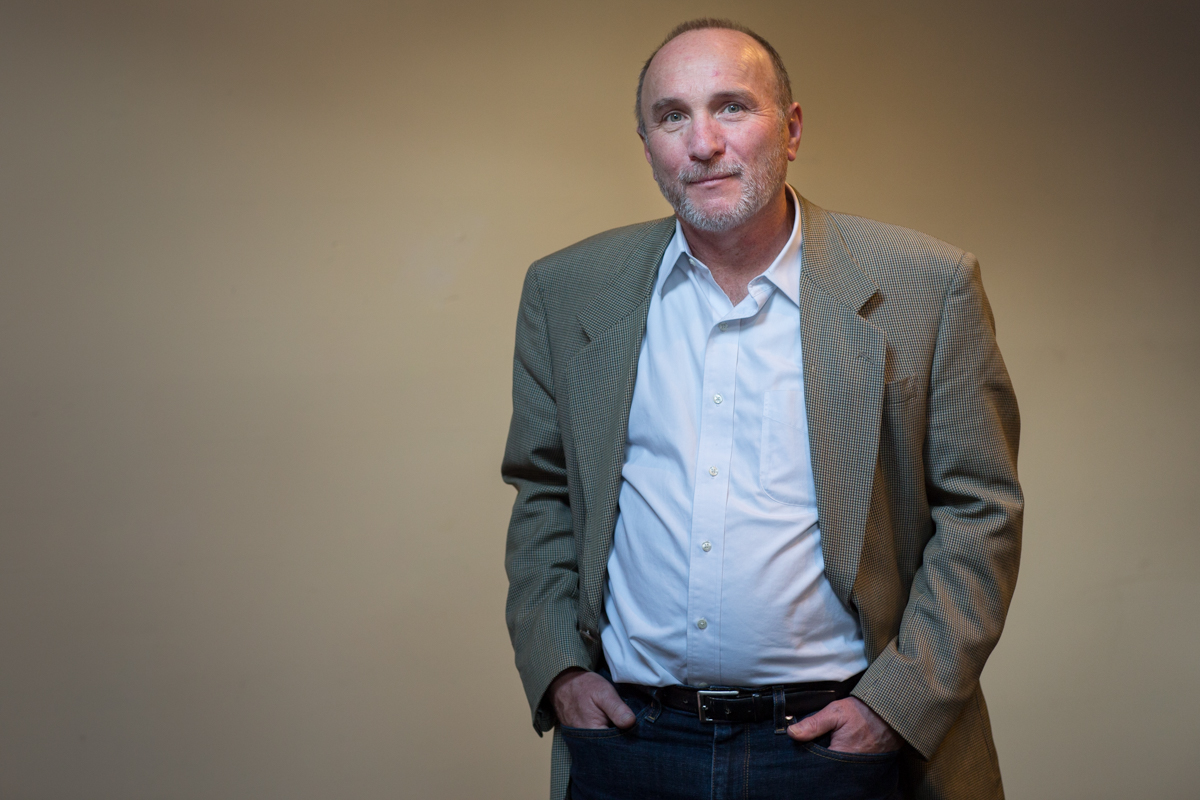
Seminar participant David Lillard is the Special Projects Manager for West Virginia Rivers Coalition, a statewide nonprofit working to ensure access to safe, clean water. He’s based in Charleston.
Lillard: There’s a reason we’re baptized with water.
We are water. Our bodies are 60-70 percent water. If you are a child it’s more than that. That means we are the water we drink. I am the Potomac – I drink from the Potomac. That’s my water supply.
We all want to be healthier and take care of ourselves. When we abuse our water, we’re abusing ourselves. It’s our responsibility for our own behavior. And it’s also our responsibility to hold others accountable who are doing bad things to our bodies and our children’s bodies. We don’t have to destroy our economy to have access to clean, safe water.
There is no such thing as a healthy community or a strong economy that doesn’t have clean, safe water.
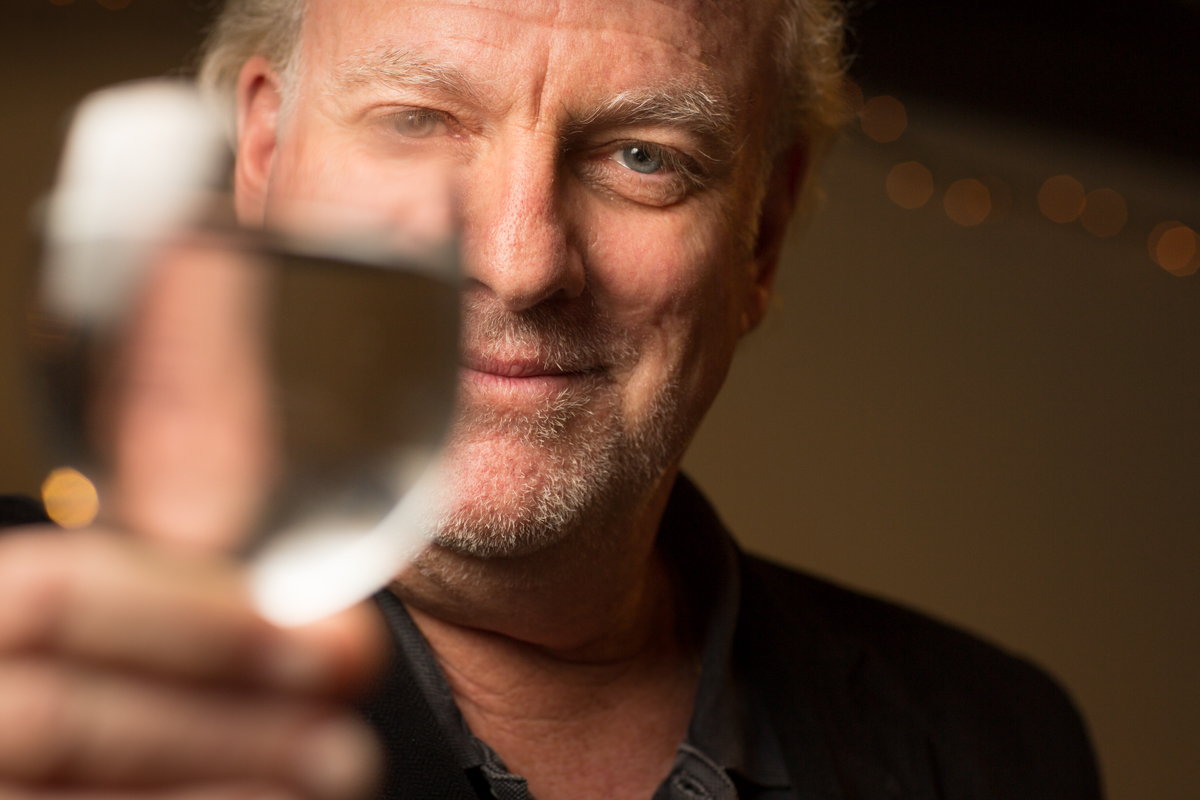
Arthur von Wiesenberger is the 2017 Water Master at the 27th Berkeley Springs International Water Tasting. Water is his passion. As a 12-year-old, he kept a diary of the water he drank while traveling with his family in Italy. Every town had its own bottlers and each town’s water was different to the young Arthur. Now he leads the judging in the world’s longest running water tasting competition in Berkeley Springs, West Virginia. Water is judged for clarity, odor, taste, feel and quite frankly attempts to answer the question, “Would you want to drink it every day?”
von Wiesenberger: Water tasting is not new. It goes back to your infancy when you probably took your first taste of water – you made a subconscious awareness of whether that water tasted good. But generally, that’s about as far as water tasting has gone for the average person. It isn’t until you sit down and start tasting the waters next to each other blindly, that you realize there are differences, there are nuances of taste and aroma.
We drink water for what’s not in the water because we don’t want to have chlorine. We don’t want to have chemicals. Some people don’t want to have fluoride in their water.
What’s amazing about the Appalachian area is that you do have great tasting water and that could be in part because of the ground the soil the way the water filters through the different rock strata and how it gets cleaned up by nature.
We’ve had a number of brands from the region that have won here in Berkeley Springs. Sweet Springs for example, in Monroe County, – that was a gold medal winner from the early days here at Berkeley Springs.
There’s a lot of things that make water not taste good. But, for me I was always interested in water because I loved it. I felt healthier.
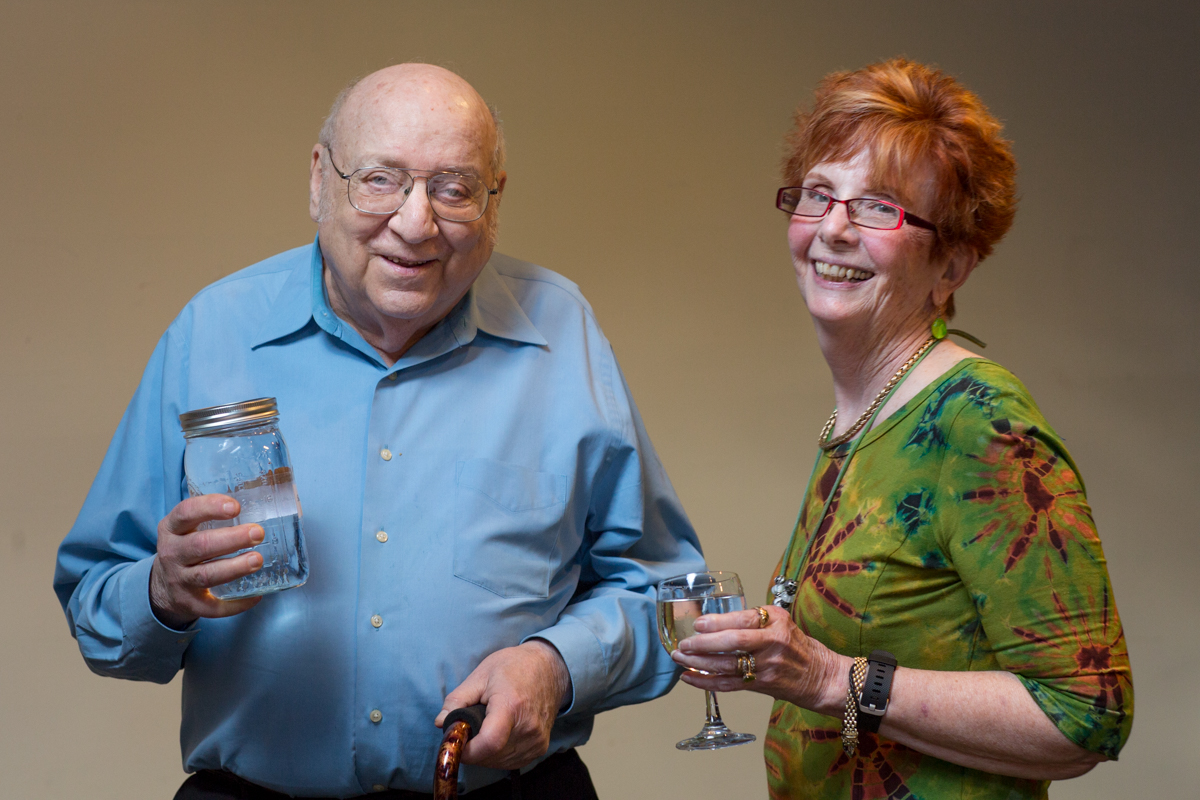
Larry Springer and Abby Chapple, both of Berkeley Springs, West Virginia are long-time preliminary-round judges in the tasting competition. Springer is a retired library director and Abby Chapple is retired from many professions.
Springer: Without water we wouldn’t be in existence. Water, it’s different. I think we could take 20-30 different words to describe it. You’ll find different tastes in the water. Different back tastes, different foretastes, different smells, which is kind of amazing. You don’t know until you start doing it… Well the Berkeley Springs water is excellent.
Chapple: I worry about the change in regulations. I’m really, really scared about getting coal run off since the regulations have been changed. I know of people in the southern part of the state, they literally can’t drink the water and it will even come out brown and then we know about the water that’s set on fire. We have big problems.
I’m worried about the people who are having to drink the water from the mines, because the mines left and that was the only system of water that they had. And now they have no water. In these little tiny towns they have to go to a store and buy bottled water to brush their teeth. Sorry this is wrong. It’s wrong.
If your water is good, then you don’t care. And so what you have to do is develop empathy and understand people who don’t have what you have – who are not as fortunate. To be in Berkeley Springs, and have our water — we’re really lucky.
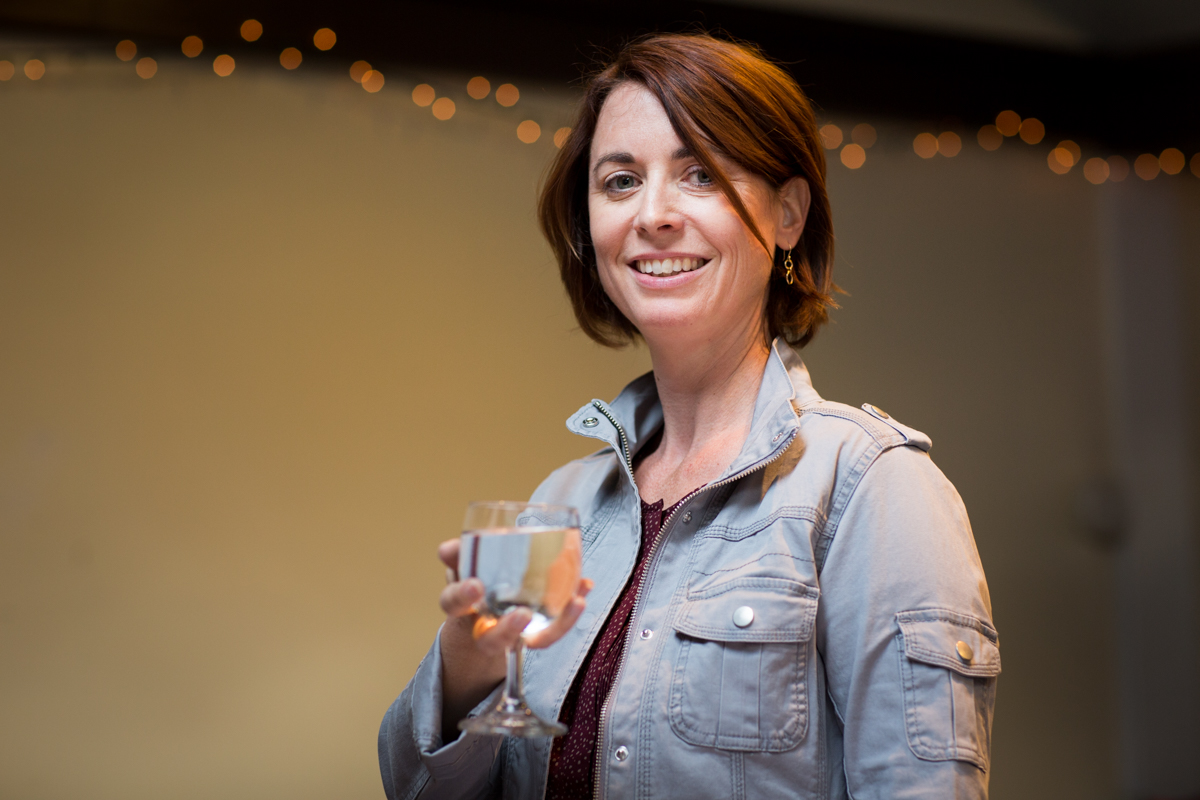
Preliminary round judge Jen Rolston runs a graphic design and marketing firm in Leetown, West Virginia.
Rolston: I think sometimes we don’t put enough money and resources into our own municipalities and protecting water. For me, water is one of the few things you can’t live without. If we don’t have water, we’re not going to make it. So it seems pretty important to me.
I really like water. So I thought I might be a good judge. I didn’t used to like it. It wasn’t until I got pregnant and started having to force myself to drink a lot of water. We started getting bottled Berkeley Springs water because my husband was from here. I started noticing a real difference between the way our water tasted and when I was out in restaurants and other places. Sometimes water is really nasty. You can taste chlorine, or it might taste fishy.
The judging was fun. It was harder than I thought because a lot of the waters tasted very similar. I think most of them are good – there were only a few that I thought were really gross.
For me water shouldn’t have a taste or have a smell. It should just taste very clean or refreshing and shouldn’t leave any residue behind.
There was one water that was interesting — it didn’t have a smell or anything but it was really light in my mouth and I didn’t like that one. That’s the only way I could describe it. It was a very weird feeling.
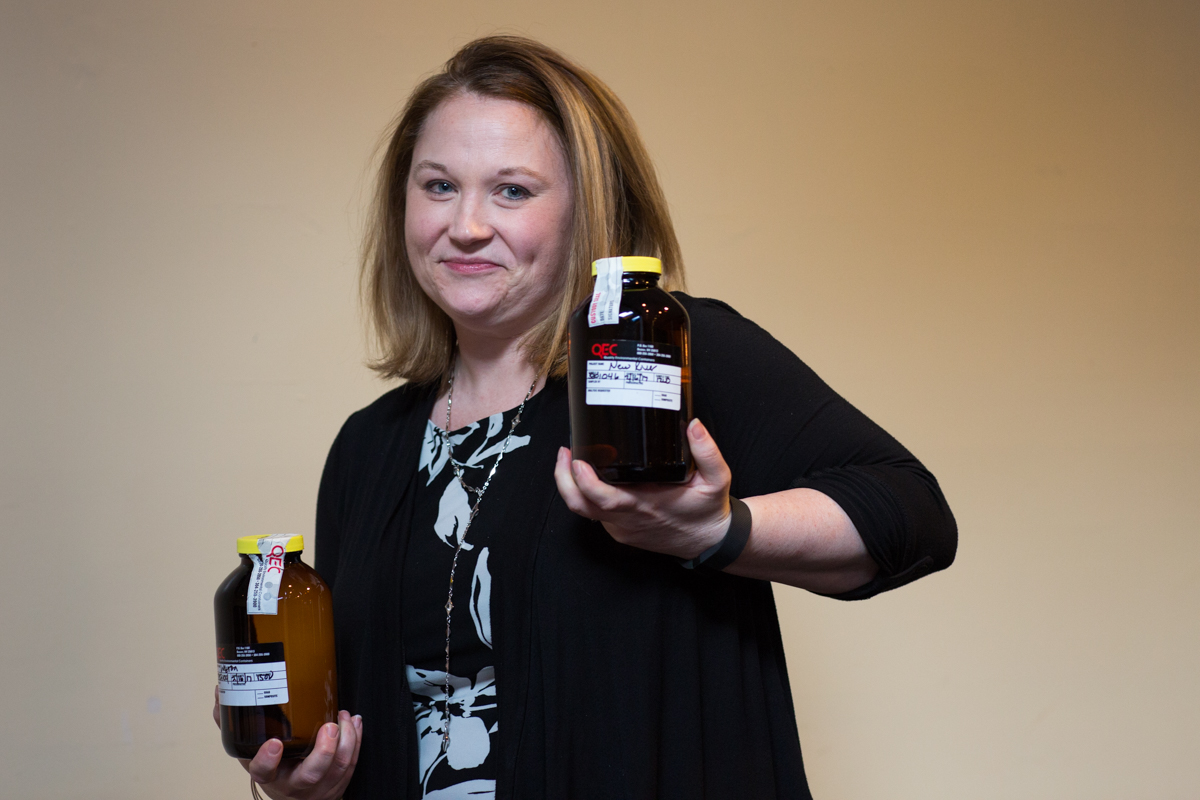
Seminar presenter Jennifer Heymann is the Source Water Protection Manager for West Virginia American Water, a utility that supplies water to about a third of West Virginians. She’s based in Charleston and was photographed holding two of her company’s entries in the municipal water category.
Heymann: Source water protection is incredibly important. It’s an important part of that process to provide quality drinking water, then followed by treatment and distribution. The more we can do to protect our sources help us make that process that much better.
It is a local activity. Every source is different. Every community is different. Taking a collaborative approach to address whatever issues might face those local source waters is really the way to go.
Everybody can play a role. There are individual actions that we can all take to help maintain quantity and quality of the water and we’re all in this together.
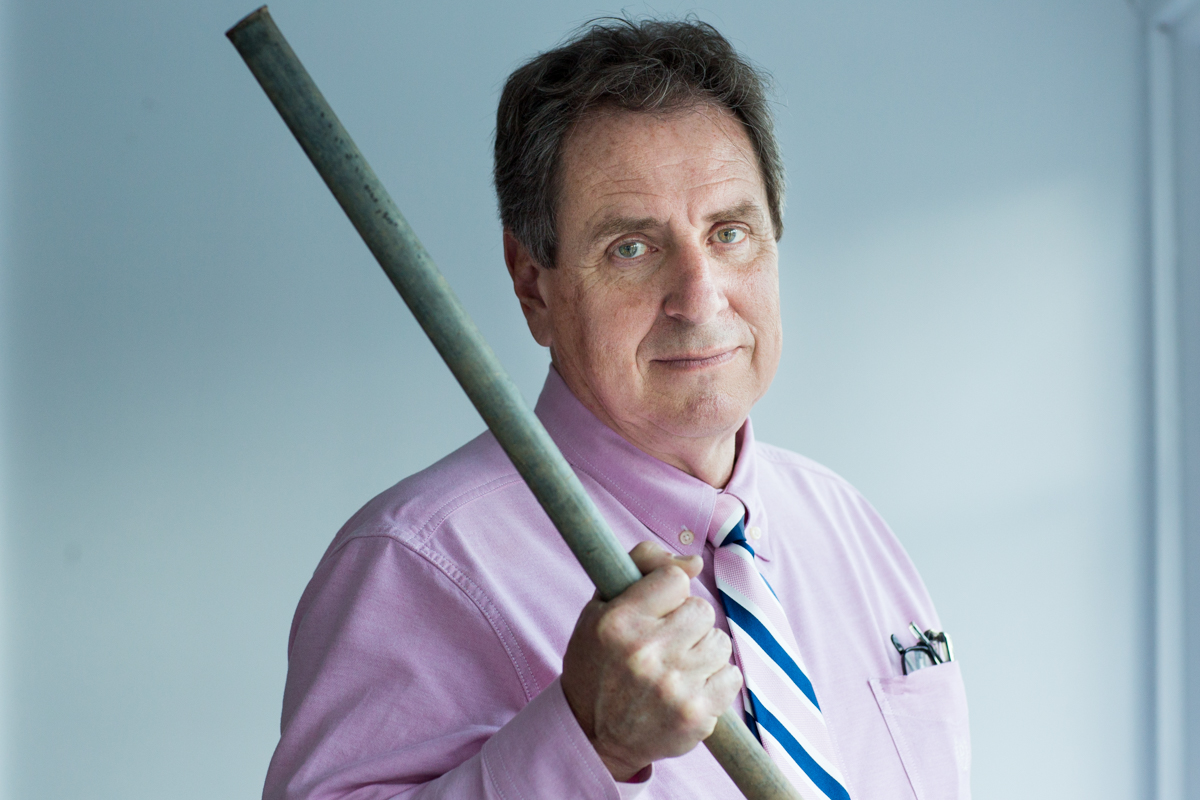
J. Scott Shipe, has 39 years of experience managing water and waste water utilities and is a consultant in water infrastructure science. He is the Government Affairs Chair for the Chesapeake Water Environment Association and the Chesapeake Section of the American Water Works Association. Shipe lives in Hagerstown, Maryland and was part of the seminar and was honored by the competition for lifetime achievement. Shipe was photographed holding a lead pipe.
Shipe: I think we can do a better job. I’m embarrassed to think back when I was 29, I took over a system that was that old. I did a lot of changes in the system, but one of them wasn’t replacing the lead services. It wasn’t one of my 10 step programs.
Working on some of the oldest water systems, I know all these lead lines are still there and they work well; they’re going to be there forever if we don’t replace them. We know where these are.
We need to just be oddly honest with the public. We’ve got to quit hiding things. It’s not going to go away. I hope my colleagues in the industry will step up to the plate and basically be transparent from now on out.
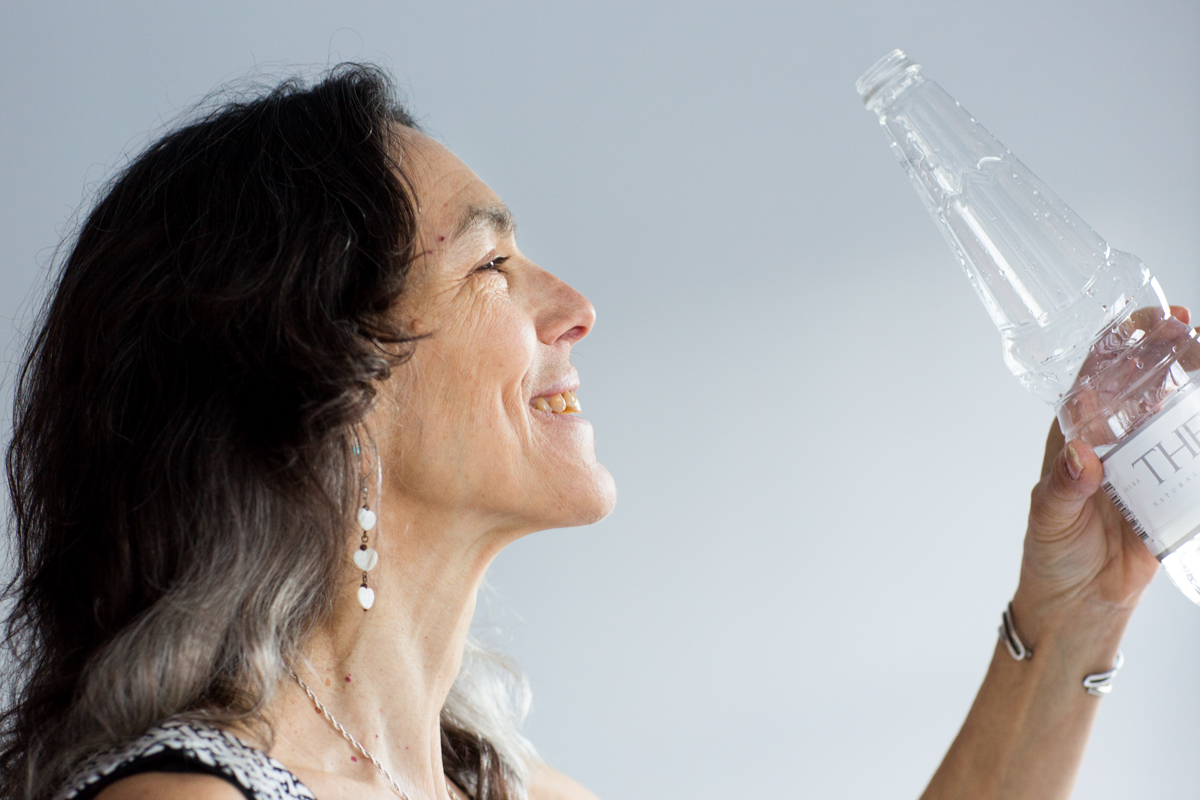
Jill Klein Rone works as the producer of the Berkeley Springs International Water Tasting and she’s been involved since the start. When not producing water events, she leads the New World Theater Company, an interactive mystery theater group in Berkeley Springs.
Klein Rone: When you hear about a water tasting it kind of makes you laugh. I mean how do you taste water? But, then you find out that there’s a lot more to it than just take a swig of water. You also are reminded how important water is. Water is our most important natural resource.
Once a year we have the opportunity to put water into the highlight — to really focus on water and its importance. If there’s any reason I do it — it’s to remind people that we have to protect our water because we really can’t live without it.
We make it a big deal. We have a good time. We taste all of the water and we give out awards. The municipalities have bragging rights to say, ‘look what a good job we’re doing,’ because they are. And the bottled water people say, ‘our water is great,’ because it is.
In ‘100 Days, 100 Voices’ Nancy Andrews presents photographs depicting the diversity of voices across Appalachia. These portraits strive to show the varied faces, passions, issues and opinions from around the region. These interviews have been edited for brevity and clarity. If you have an idea for ‘100 Days, 100 Voices’ please contact Nancy Andrews on Twitter @NancyAndrews or email at nancy.andrews [at] mail.wvu.edu.


